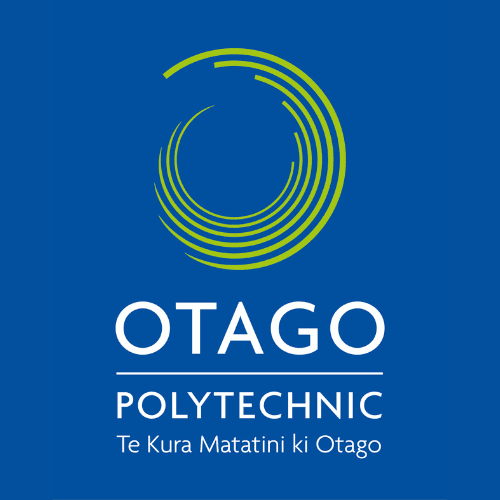Bachelor of Engineering Technology
Mechanical
A course by
Otago Polytechnic
Accredited Bachelor degree specialising in Civil, Mechanical or Electrical Engineering Technology. The programme includes skills in management, economics, communications, problem-solving and critical thinking, and provides a practical and theoretical foundation to become an Engineering Technologist with international recognition.
In-person study
Face-to-face learning in a physical classroom setting
Dunedin, Dunedin
It will take a total of 3 years
Core skills this course teaches

Apply engineering knowledge
Apply knowledge of mathematics, natural science, engineering fundamentals and an engineering specialisation to engineering procedures and methodologies.

Problem identification and analysis
Identify, formulate, research, analyze broadly defined engineering problems and reach substantiated conclusions using appropriate analytical tools.

Design solutions
Design solutions for broadly defined engineering technology problems considering safety, cultural, societal, and environmental factors.
What You're Signing Up For
The Bachelor of Engineering Technology is a three-year (full-time) or six-year (part-time) programme accredited by Engineering New Zealand, meeting Dublin and Sydney international engineering accords. It develops competencies in management, economics, communications, problem-solving, and critical thinking, focused on engineering disciplines: Civil, Mechanical, or Electrical Engineering. Students undertake core and elective courses, including an industry-based project in the final year for workplace experience. The degree prepares graduates for careers in engineering technology with potential development in project management and consultancy. The programme offers both on-campus and work-based learning options.
Course Content
- Engineering Computing
- Engineering Mechanics
- Engineering Communication
- Engineering Mathematics
- Engineering Design and Drawing
- Engineering Management Principles
- Professional Engineering Practice
- Engineering Development Project
- Civil Materials
- Engineering Site Investigation
- Land Surveying
- Basic Structures
- Fluid Mechanics (Mechanical)
- Highway Engineering
- Civil Engineering Detailing & Modelling
- Civil Engineering Construction Practices
- Electrical Fundamentals
- Materials Science
- Strength of Materials 1 & 2
- Thermodynamics and Heat Transfer
- Fluid Mechanics (Civil)
- Mechanics of Machines
- Design
- Advanced Thermodynamics
- Electrical and Electronic Principles 1 & 2
- PLC Programming 1 & 2
- Instrumentation & Control 1 & 2
- Fluid Mechanics
- Automation
- Robotics
- Elements of Power Engineering
- Electrical Machines
- Power Distribution
- Sustainable Energy & Power Electronics
- Electrical Machine Dynamics
- Power Systems
What you need to know first
NCEA Level 3 with Physics (min 14 credits), Calculus (min 14 credits), and one other approved subject (min 14 credits)
10 Literacy credits at Level 2 or above (5 reading, 5 writing)
10 Numeracy credits at Level 1 or above
OR equivalent qualifications or experience
English proficiency with NZ University Entrance or Academic IELTS 6.0 with no lower than 5.5 bands

What sort of industry will this job lead to
Engineering Industry

Future employment opportunities might be
Engineering Technologist
Project Management
Engineering Consultancy

Otago Polytechnic is known for high quality, hands on learning that leads to strong outcomes. With excellent student satisfaction, high graduate employment rates, and a commitment to sustainability, it’s a place where practical skills meet purpose. Their award winning programmes span design, fashion, creative arts, trades, health, and business, giving you real experience and real confidence for whatever comes next.